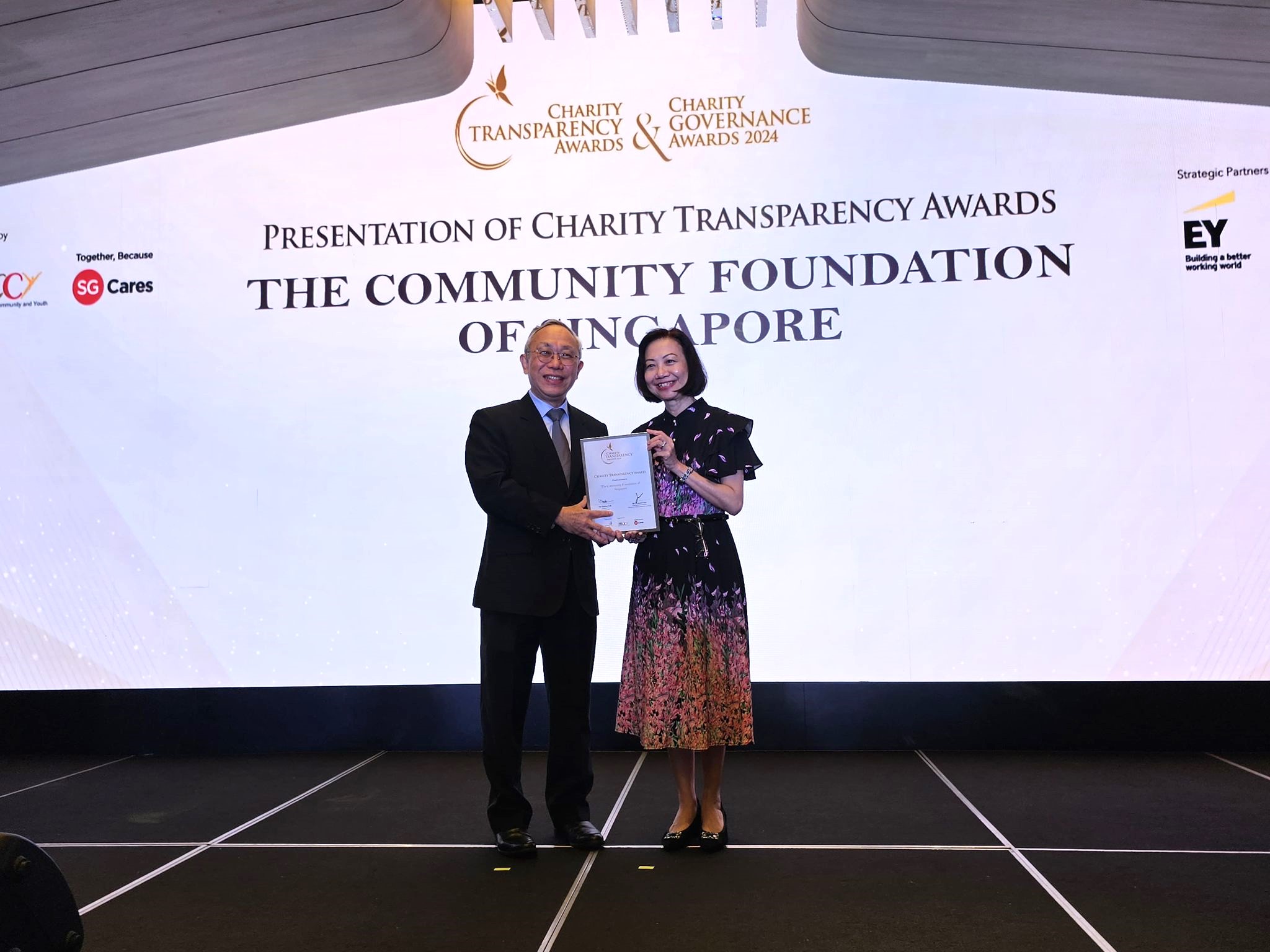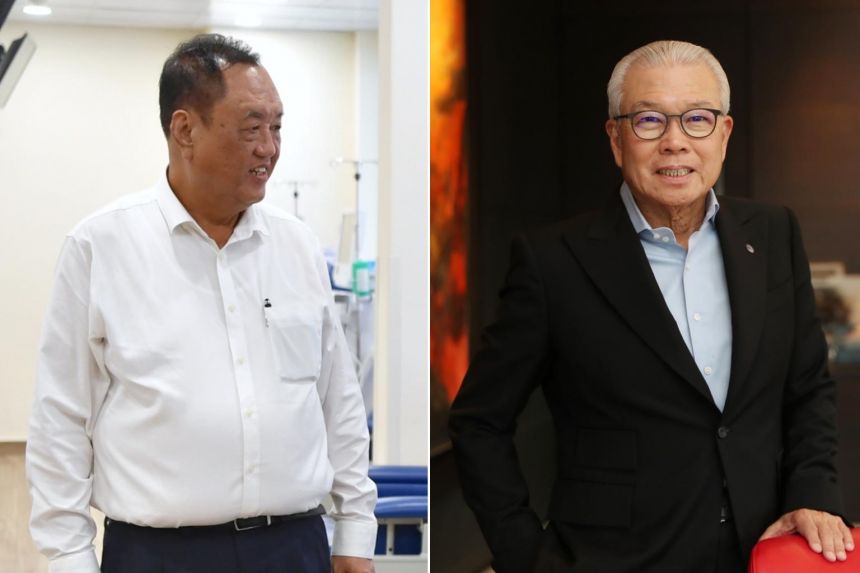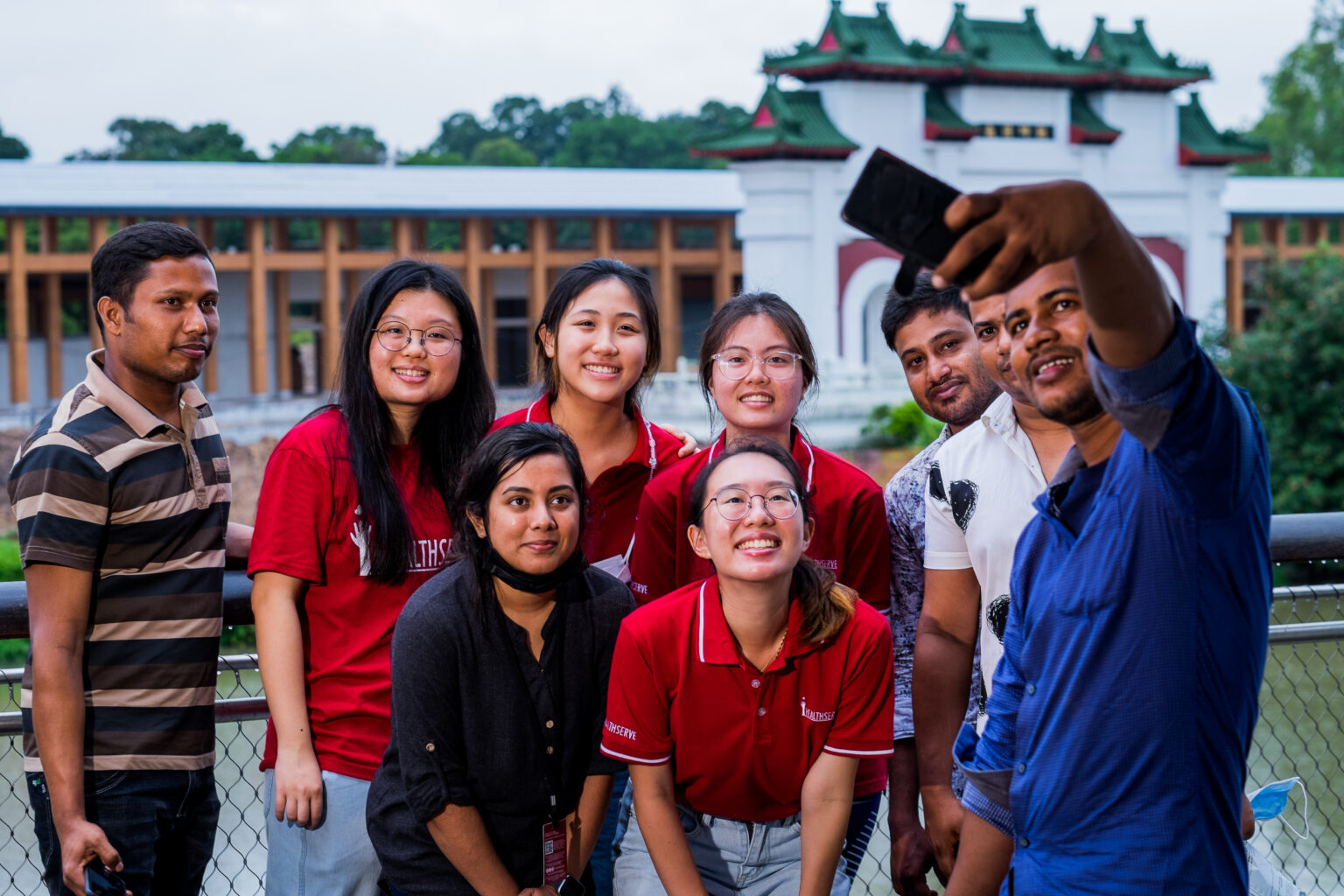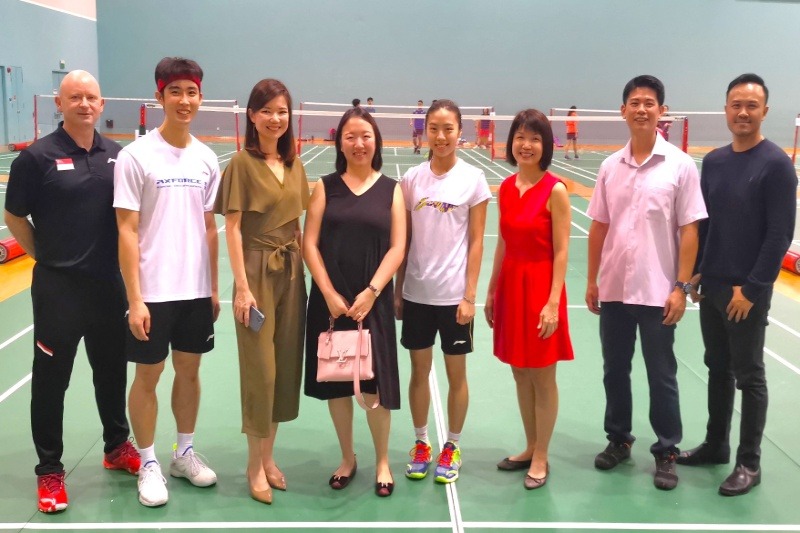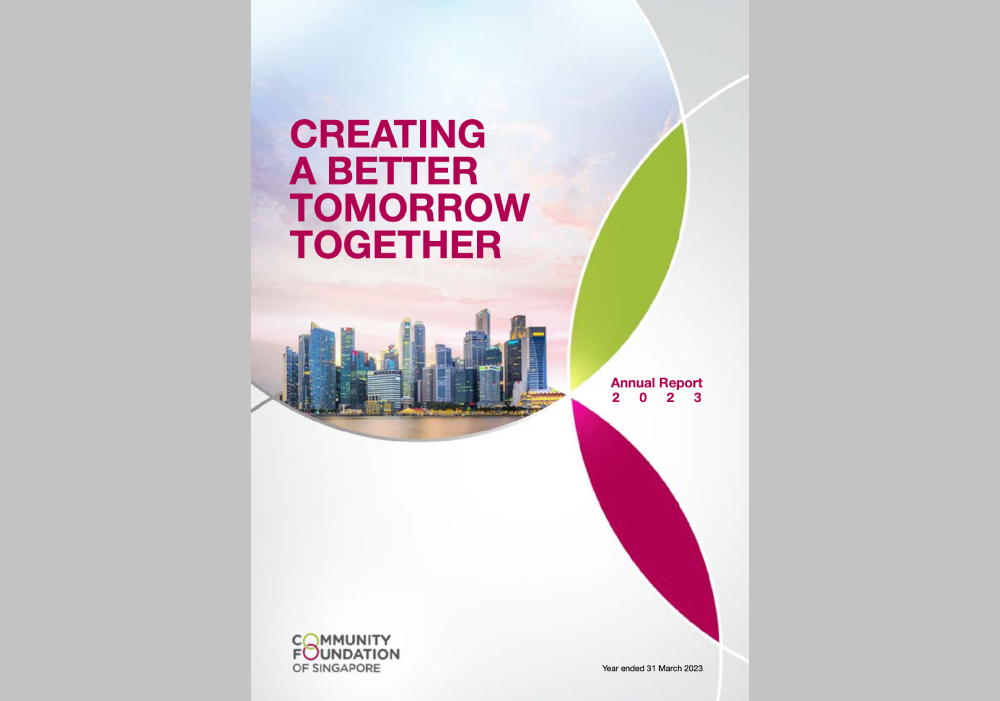News
Why billionaires are setting up family offices in Singapore


Asia’s billionaires are getting ready to hand over to the next generation, and Singapore is benefiting from the rush to set up new or satellite family offices with an increased focus on philanthropy and impact investing.
In recent months, Horizon Ventures, a private investment firm associated with Hong Kong billionaire Li Ka-shing opened an outpost in Singapore.* Oppenheimer Generations, the family office of former De Beers chairman Nicky Oppenheimer, is also in Singapore while Bridgewater Associates founder Ray Dalio and Google co-founder Sergey Brin both set up shop in late 2020.
Singapore’s Economic Development Board is doing everything in its power to reel them in. It has enlisted the private banking sector to help family offices’ interest in philanthropy and impact investing, which seeks to generate a social or environmental impact as well as a financial return.
Two years ago, the Singapore government introduced variable capital companies (VCC), fund management vehicles with tax incentives and other benefits. These are appealing for family offices, particularly those with an interest in changing the world.
“Philanthropy is the new black in Asia,” said one private banker who advises the wealthy. “Singapore prides itself on being a financial hub and to keep that reputation, it needs to set the pace on new trends like green investing and impact investing.”
Asia is behind Europe and the United States, where philanthropy has long been a business that’s expected to generate measurable returns and the likes of the Bill and Melinda Gates Foundation have pioneered impact investing.
This is likely to shift with the looming generational change in wealth, said Peter Golovsky, managing director and head of family office services, Asia Pacific, at Alvarium, a global multi-family office.
“Some 85 per cent of Asia’s billionaires are first-generation wealth creators, founders of family businesses.
“Their average age is 65, so they are looking at succession strategies. Family office allocations in impact investments sit at around 12 per cent, but we expect that to double in the next few years, and it will be driven by the next generation.
“Singapore has attracted a lot of wealth through structures like VCCs and other tax incentives, including residency options and paths to citizenship.
“As global families and entrepreneurs, including philanthropists, think about where they want to set up and run their businesses, and where they want to live, I think there will be another step up,” he said.
One measure of interest in social investing is a sold-out conference on the topic, organised by industry group AVPN, that kicks off next Tuesday in Bali.
Despite this increased interest, impact investing structures have a long way to go, according to Mette Ekeroth, managing director and group head of philanthropy at the North-East Family Office, who will be at the conference.
NEFO was established by the founders of the Pandora jewellery brand, Winnie Liljeborg and Per Algot Enevoldsen, in Denmark in 2013. They opened a Singapore office three years later.
“Regulatory systems all over the world treat philanthropy and investment as very, very separate. Now everyone is realising there is an area between these two categories where a lot of the solutions lie to the problems the world faces,” Ms Ekeroth said.
“I have faith that Singapore is going to be the place that comes up with the structures we need. The authorities are engaging and consulting as they work multiple angles to try and address the gaps. We’ve seen in the past that when Singapore really wants to develop an ecosystem, it does, and it does it at high speed.”
*Clarification: After this story was published, CK Asset Holdings has advised Horizons Ventures is owned by Ms Solina Chau. Mr Li has collaborated with the firm on technology projects.
This article was originally published in The Australian Financial Review here.
- Related Topics For You: DONOR STORIES, NEWS
Trending Stories


Karim Family Foundation: Donor-Advised Fund Raises $200,000 to Support Local Sports Champion Loh Kean Yew
Karim Family Foundation: Donor-Advised Fund Raises $200,000 to Support Local Sports Champion Loh Kean Yew
In December 2021, 24-year-old Loh Kean Yew became the first Singaporean to win the Badminton...
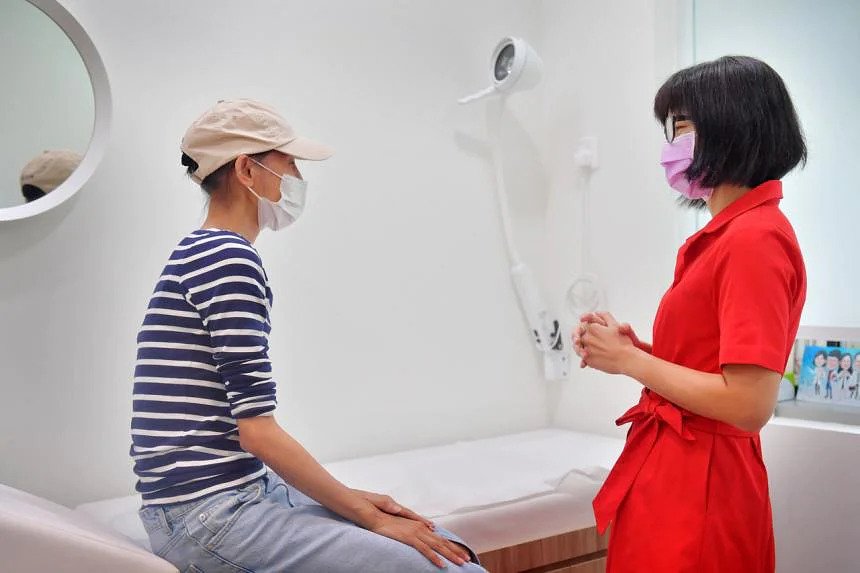

‘I thought I couldn’t go through any more of it’: Cancer patient gets help after insurer says ‘no’ to $33k bill
‘I thought I couldn’t go through any more of it’: Cancer patient gets help after insurer says ‘no’ to $33k bill
Good Samaritans have stepped forward to help a cancer patient, who hopes to spend more...


